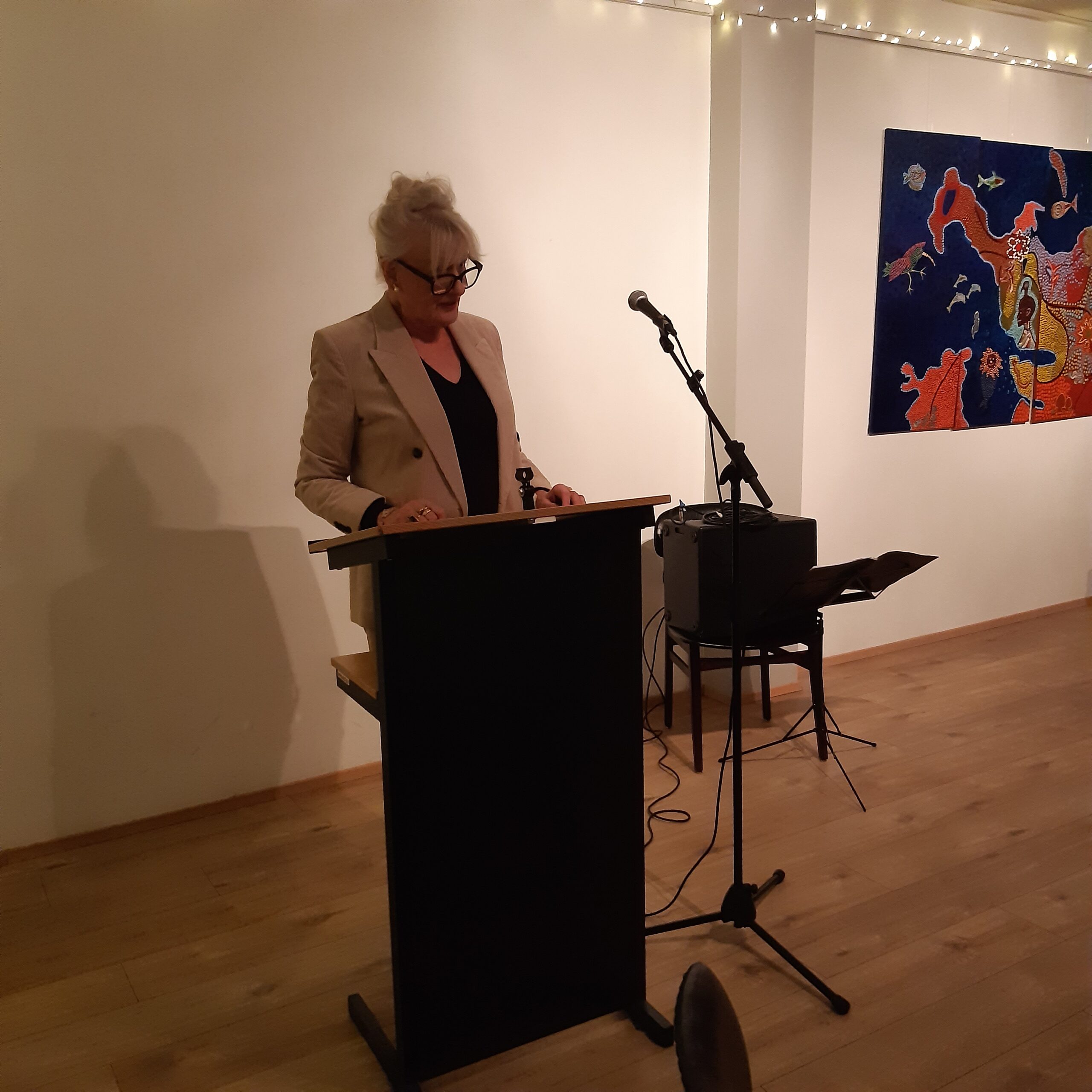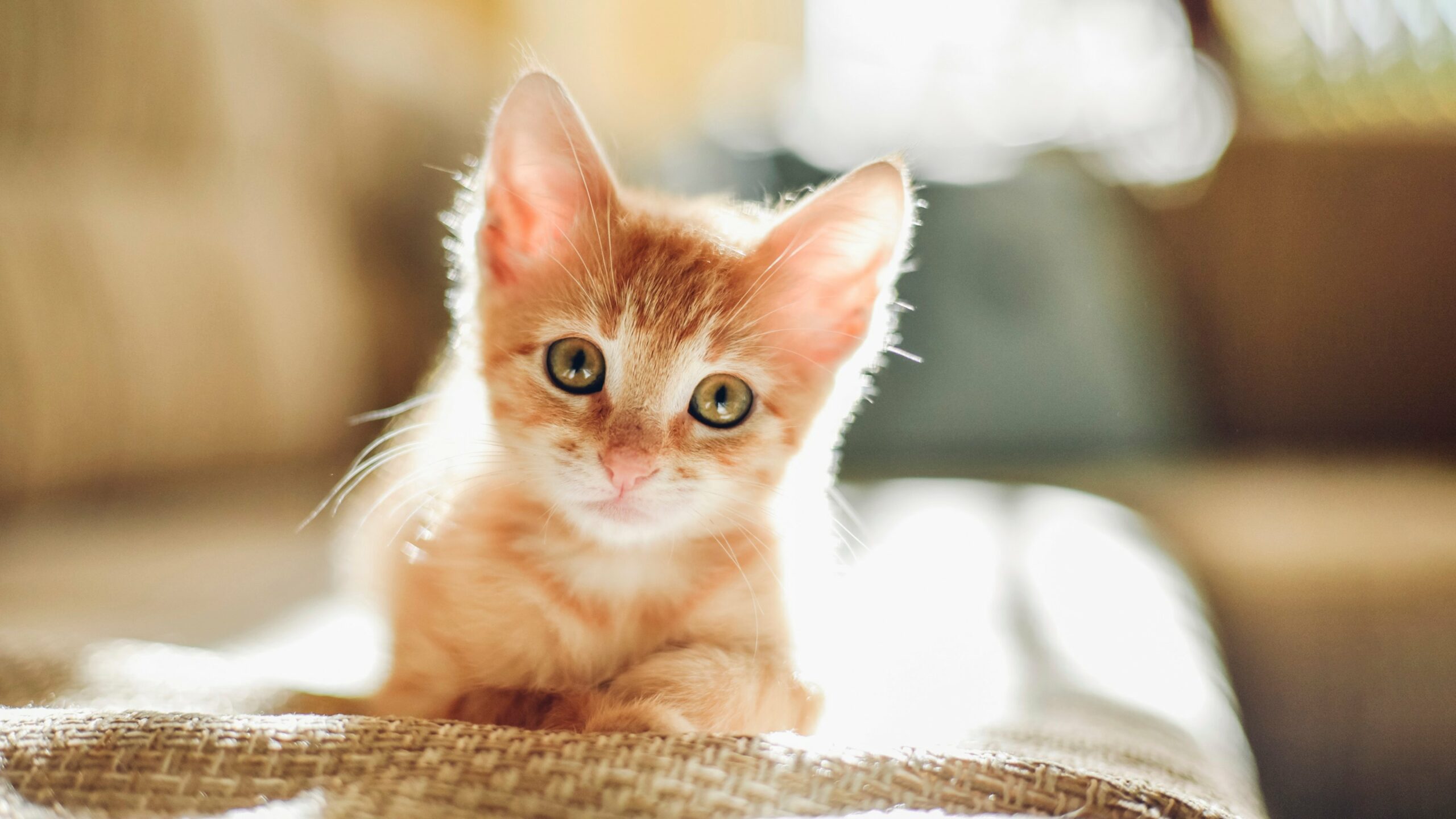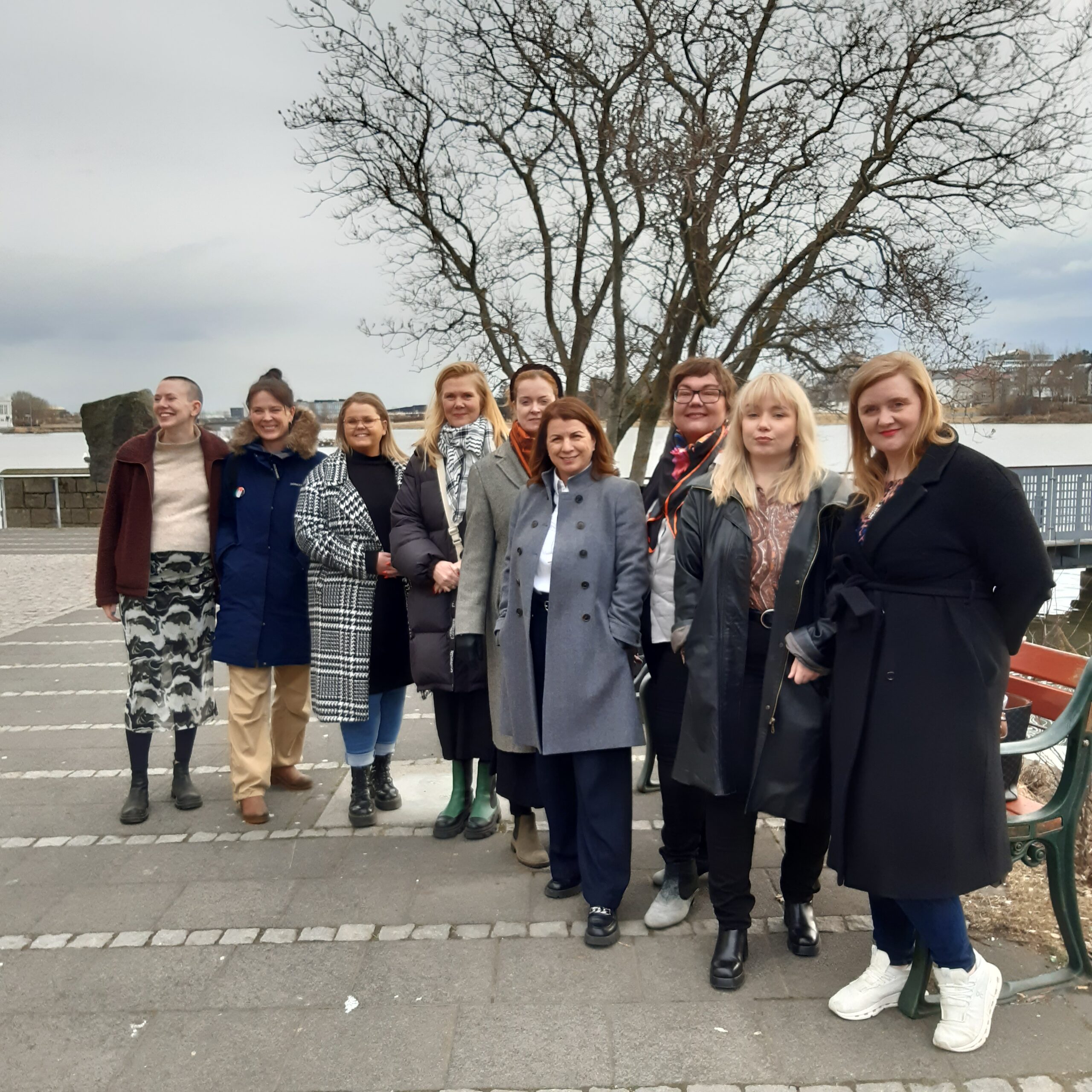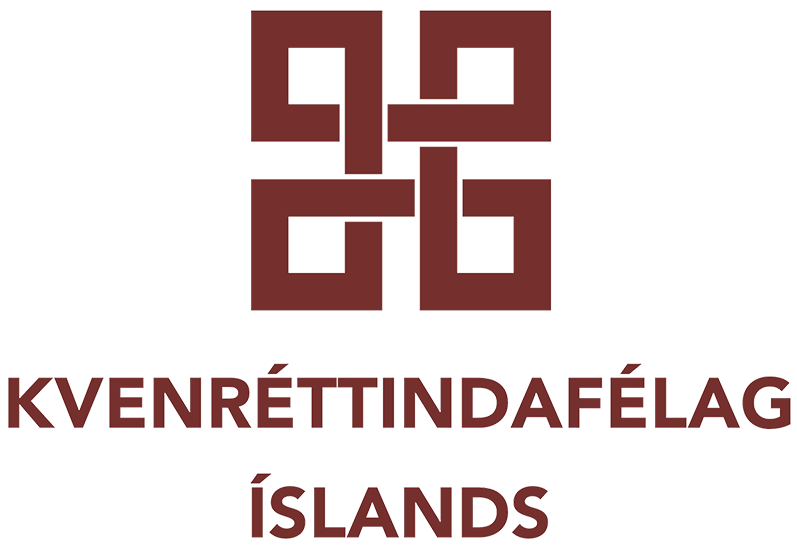
Tatjana Latinovic formaður Kvenréttindafélags Íslands steig á stokk á alþjóðlegu ráðstefnunni #MeToo: Moving Forward sem haldin var í Hörpunni dagana 17.-19. september 2019.
Þar ræddi hún um stöðu erlendra kvenna á Íslandi og #MeToo sögur kvenna af erlendum uppruna.

Dear friends, I am inspired by the opportunity to speak at this conference. To those of you who have traveled from abroad, welcome to our little corner of the world, a country commonly regarded by outsiders as a paradise of gender equality. I will try to give you a view of how living in this paradise looks like for many women of foreign origin who call Iceland their home.
Iceland is rather young as a country of immigration compared to other Nordic countries and the ratio of immigrants in the total population is still rather low compared to our neighbors.
When I moved to Iceland 25 years ago, women were in majority of immigrant population, but the gender ratio has changed in recent years, with the growth of construction industry, that employs mostly men.
I am one of the founders of W.O.M.E.N. in Iceland, the Women of Multicultural Ethnicity Network, an NGO founded by and for immigrant women. When we founded the organization back in 2003, we wanted to unite, express and address the interests and issues of immigrant women in Iceland, in order to bring about equality for them both as women and as immigrants in all areas of the society. At the time, we were combating stereotypes of mail order brides, or that foreign women were underprivileged poor souls that needed to be helped. Prejudice against us was such that we even had hard time getting women to join our organization, for fear that people might think that something was wrong in their homes.
But things have changed rapidly in the past few years and immigrant women in Iceland are becoming a dynamic and strong voice in Icelandic society. Iceland is the only country in the Nordic region where women with a migrant background joined the conversation as a separate group in the #MeToo movement. The #MeToo movement brought together immigrant women in Iceland from all walks of life, backgrounds and positions in the society.
So, why did immigrant women in Iceland speak out? I can’t believe that we in Iceland face more hardship than our sisters in other countries. There are several factors that we must look at. Perhaps it is easier to connect in a smaller society where people know each other better, either virtually or in person. We also have to consider the fact that in Iceland we have a strong legacy of women‘s rights activism, and immigrant women have been active participants in the women’s movement.
We all share the desire to live in an equal country, but the #MeToo conversation exposed the fact that many immigrant women felt that they did not benefit at all from the regulations and solutions which are supposed to guarantee equality for us all.
When the first groups of women came out with their #MeToo stories in Iceland, it was evident that very few nontraditional Icelandic names were to be found on those lists. Clearly, women of foreign origin in Iceland had difficulty finding their place within those groups. Did they not feel they belonged? Did they think nobody would listen? Did they feel their stories were too different?
Nichole Leigh Mosty, the first woman of foreign origin to be elected a member of Alþingi, the Icelandic parliament, saw that glaring lack of presence of immigrant women and founded a closed #MeToo group for women of foreign descent, encouraging all of us to join and put our name to a petition. Word spread on social media and we started joining. In only a few days, the number of members went up to 660. Nichole and the other administrators guaranteed the privacy of the group, but also gave women the chance to share their stories in private messages or anonymously, to make absolutely sure their identity would not be revealed.
Now, I have been an activist, working on immigrant and gender equality issues for almost 20 years here in Iceland, and as such am no stranger to stories of violence and abuse. One of the key pillars of the activities of W.O.M.E.N. in Iceland always been combating gender-based violence against immigrant women. Because of that, I served on board of the only Women’s Shelter in Iceland for six years. I translated for and assisted women who had horrific stories to share. One would think that not much should have come as a surprise to me.
However, the stories that women shared in this safe space that we created in our Facebook group were like a punch to my stomach. They were different from the stories that we read in the Icelandic groups. It was like they had an additional dimension, additional layers of horror and humiliation. Stories shared by the brave women in our group were filled with prejudice, discrimination, systematic degradation, seclusion, manipulation and abuse of the worst kind. Women said that they felt abandoned and isolated.
Many were not only experiencing abuse in the workplace, they were living in abusive relationships and when they asked various authorities and institutions for help (if they even knew where to turn to), they were very often faced with distrust and unwillingness to help.
„You need to move back home, let him hit you and then we can help you“, was the advice a police officer gave to one woman. Would the same advice be given to a native-born Icelandic woman? I sincerely I doubt it.
We know that women in abusive relationships have been subjected to threats by their partners that they will have their residence permits revoked, and that these partners use money as a way to keep immigrant women shackled to them. What we learned from the stories in our #MeToo group was that employers used similar threats to keep us in check: If you do not do what you are told, you will lose your job, you will lose your working permit, you will be thrown out of the country. These stories showed not only harassment and abuse, but also discrimination and blatant racism shown not only by individuals, but also by official institutions that one would think were there to protect all citizens.
Other women shared stories about the lack of support. Many of us immigrant women lack a support network which most native born can rely on. What struck me also in these stories was the fact that native born people in Iceland, our neighbors and colleagues, were less willing to step in and reach out. It was as if they felt too insecure, almost shy to interfere with someone outside their family circle, even if it was to help.
Bearing in mind the exposure to such threats and violence, the risk of losing their livelihood and their residency rights, as well as the fact that Iceland is a small place and the immigrant community is even smaller, it is a testament to the bravery of women that we managed to collect around 30 stories to publish and that 97 women out of the 660 group participants agreed to sign the petition. But this also means that over 85% of the women in the group did not feel safe enough to sign their names to a petition while in other groups, around 50% of group members were willing to go public.
Many other #MeToo groups had paved the way by the time we stepped forward. I find it unlikely that we would have done so, had it not been for the other groups. It is also good that we weren’t the first to share our stories, as then the problem could have been brushed off as something that happens mostly to foreign women – thus compartmentalizing the issue of gender based violence as something that happens to others, to underdogs, not to us.
By having native-born Icelandic groups come out first, we clearly sent the message that the gender-based violence immigrant women are subjected to is not their problem – it is a problem of Icelandic society. Gender based violence will not be eradicated by sending every immigrant out of the country.
What is so significant about the #MeToo movement is that nothing happened except on the terms or initiative of the women that chose to share their stories. This kind of empowerment is unique within the immigrant women’s movement, women spoke up who had never before participated in public debate or grassroot activism. And their effect has been immense, the stories shared by immigrant women generated an incredible wave of support.
Iceland is promoted all over the world as paradise of gender equality. Many of us decided to move here because of those stories. We want to be treated equally, to live and raise our children in such a paradise. Yet, the #MeToo stories told us that too many women do not feel safe in this country or that they are entitled to the same rights and degree of protection as our Icelandic sisters.
We still have a long way to go to change that perception and to make everyone of us feel that we are all entitled to the same rights and privileges. Until we do that, true equality will not be reached in Iceland.
GOING FORWARD:
When it comes to achieving equality for immigrant women and men in Iceland, we need a paradigm shift, first and foremost. I have been fighting to change the conversation since I moved to Iceland, to make Icelandic society understand that immigrants are not outsiders, they are an integral part of the society we are creating together. I cannot repeat it often enough: there is nothing wrong with being an immigrant or of foreign origin and it is nothing to be ashamed of.
We need to stop looking at people of foreign origin as a deviation from default “Icelander”, whatever that means. We need to stop measuring value of immigrants in how close they manage to imitate that default “Icelander”, whether by appearance, name, accent when speaking Icelandic, religious beliefs and cultural background.
We need to positively appraise the enormous contribution immigrants have made and do make to our society. We need to assert immigrants’ rights on our own terms, and to show the way for our daughters and sons, just as the Icelandic Redstockings, Bríet Bjarnhéðinsdóttir and other brave pioneers have shown generations of girls and boys ever since the early days of women’s rights activism in Iceland.
Secondly, every government plan of action to eradicate gender-based discrimination, harassment and abuse must take into account the needs immigrant of women on their terms, not as defined by outdated Icelandic experiences and reports written at a time when immigration was almost nonexistent. Yesterday, we heard the results of the report ministry of welfare commissioned on the harassment in the workplace. We also heard that according to that report, immigrants are less likely to be affected by harassment for number of reasons. The study interviewed a very small number of people of foreign origin who have lived here for at least 5 years of more. I doubt that it shows the reality of immigrants who work for example in precarious jobs and big and important industry sectors such as tourism. We shouldn’t be making policies based on reports that do not address adequately situation of the most vulnerable parts of the population.
Thirdly, we need to stop looking at immigrants in the labor market as a resource, whose main purpose for being in Iceland is to drive the country’s economic growth. As it stands now, the labor market is becoming more and more segregated, with foreign workers occupying majority of certain sectors, such as service jobs in tourism, cleaning, the fish processing industry, etc. It is unacceptable that we have mostly been unable to reach young people who move to Iceland to work for a limited time. If their rights are jeopardized or they experience abuse, chances are that they will leave or be sent out of the country before they see the justice and someone else will take their place. Thus, the vicious circle of abuse continues.
At the same time there is a danger of hostility towards foreign workers if they are perceived as threatening the wage structure for Icelanders by accepting lower wages, instead of putting the blame where it belongs, on the employers who exploit foreign workers.
It is a responsibility of the actors in the labor market, both the labor unions and the federation of employers, to ensure equal rights and the eradication of discrimination of all workers.
Lastly, we need to drastically expand representation. Immigrant women need to be seen and heard in all spheres of society. This is not only to show how diverse we are, nor in order to fulfil quotas or be tokens, but because we immigrant women have views and opinions and can provide insights that enrich the conversation and benefit the whole of society in Iceland.
Earlier this year, I was elected Chair of Kvenréttindafélag Íslands, the Icelandic Women’s Rights Association, the first woman of foreign origin to serve in that capacity in 112-year long history of the organization. I am truly humbled by the trust and positive responses I received, but the mere fact that this election made the news shows us that true equality has not been achieved. We will only be able to say that the equality has been reached when this is not newsworthy anymore.




